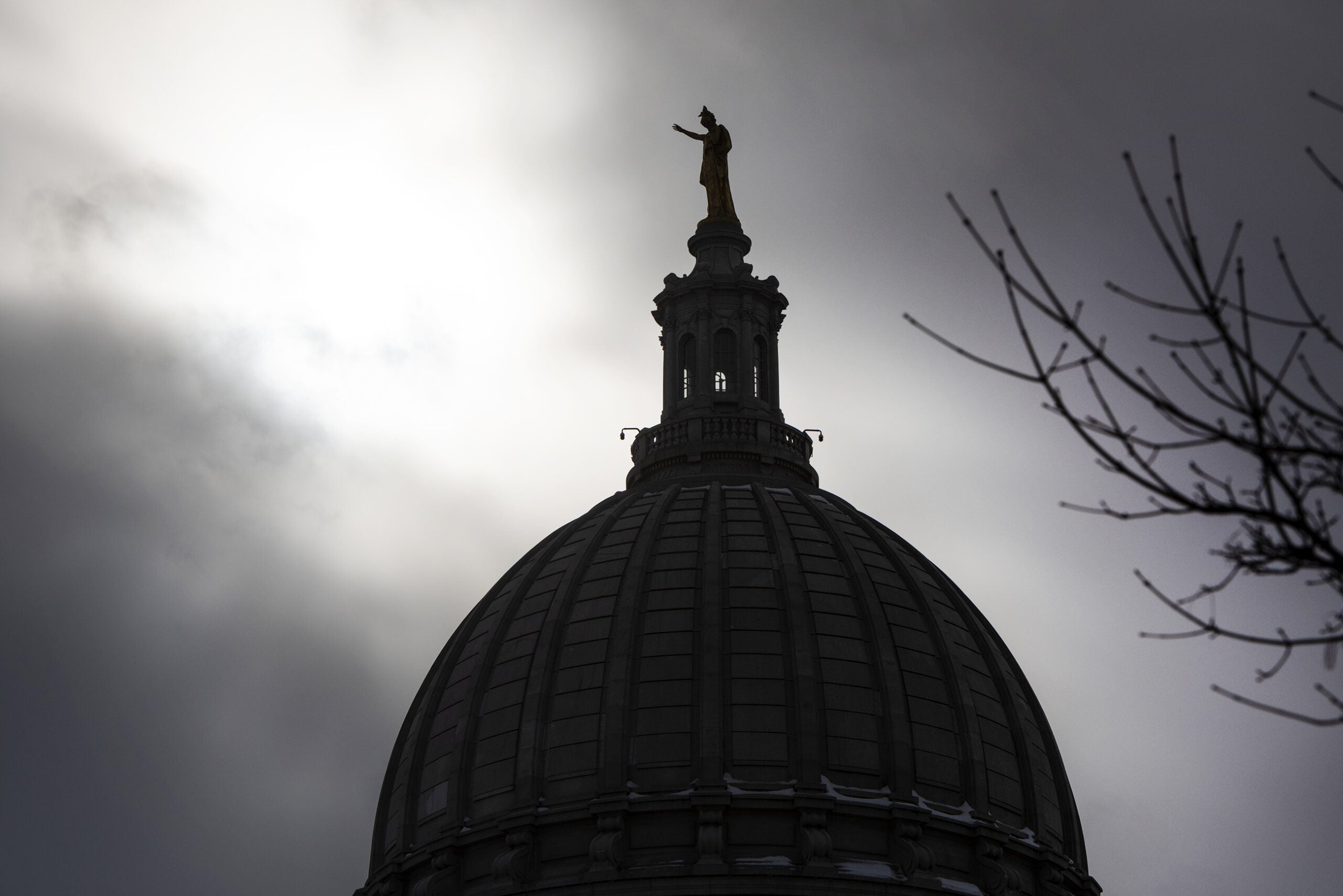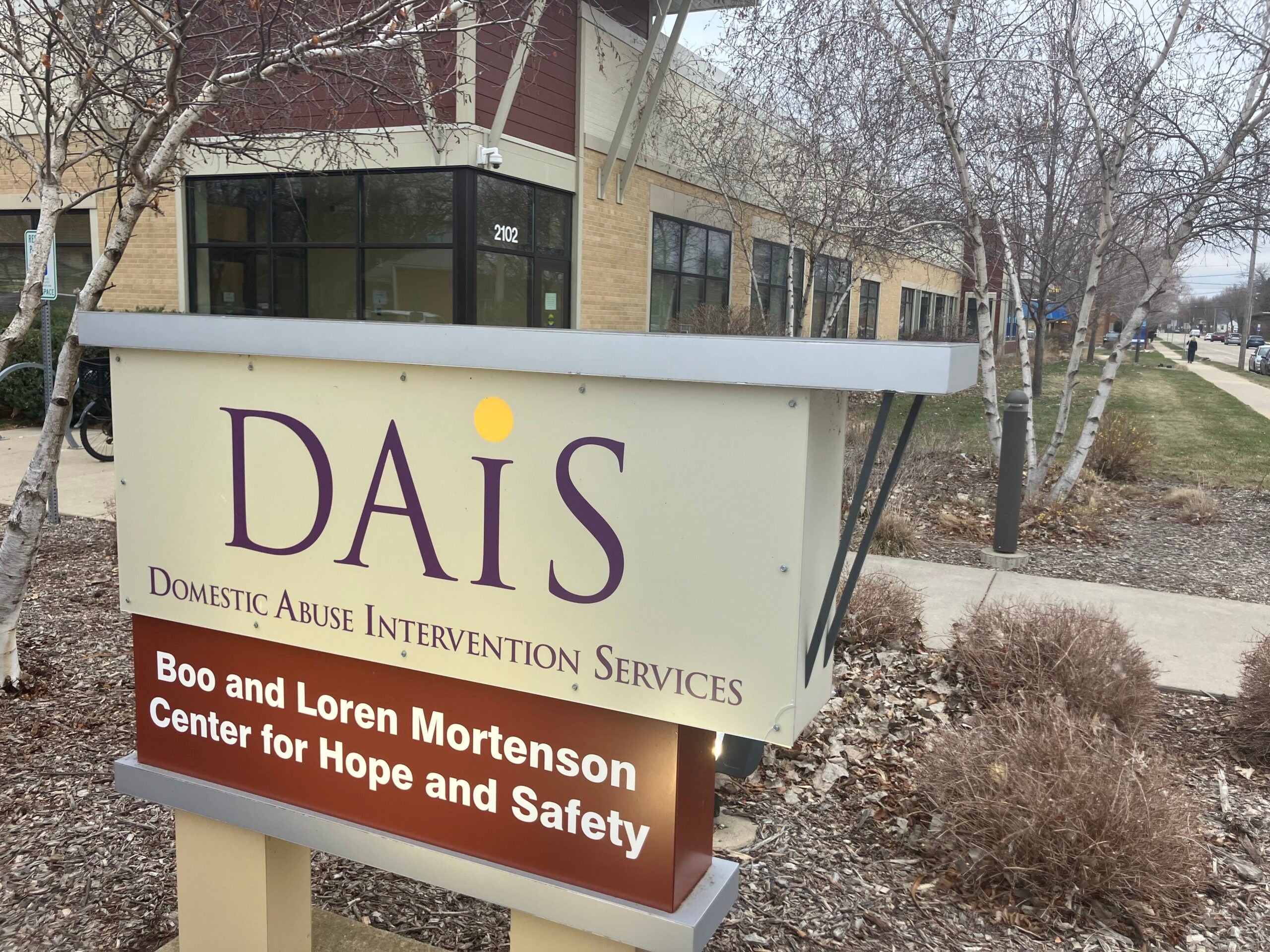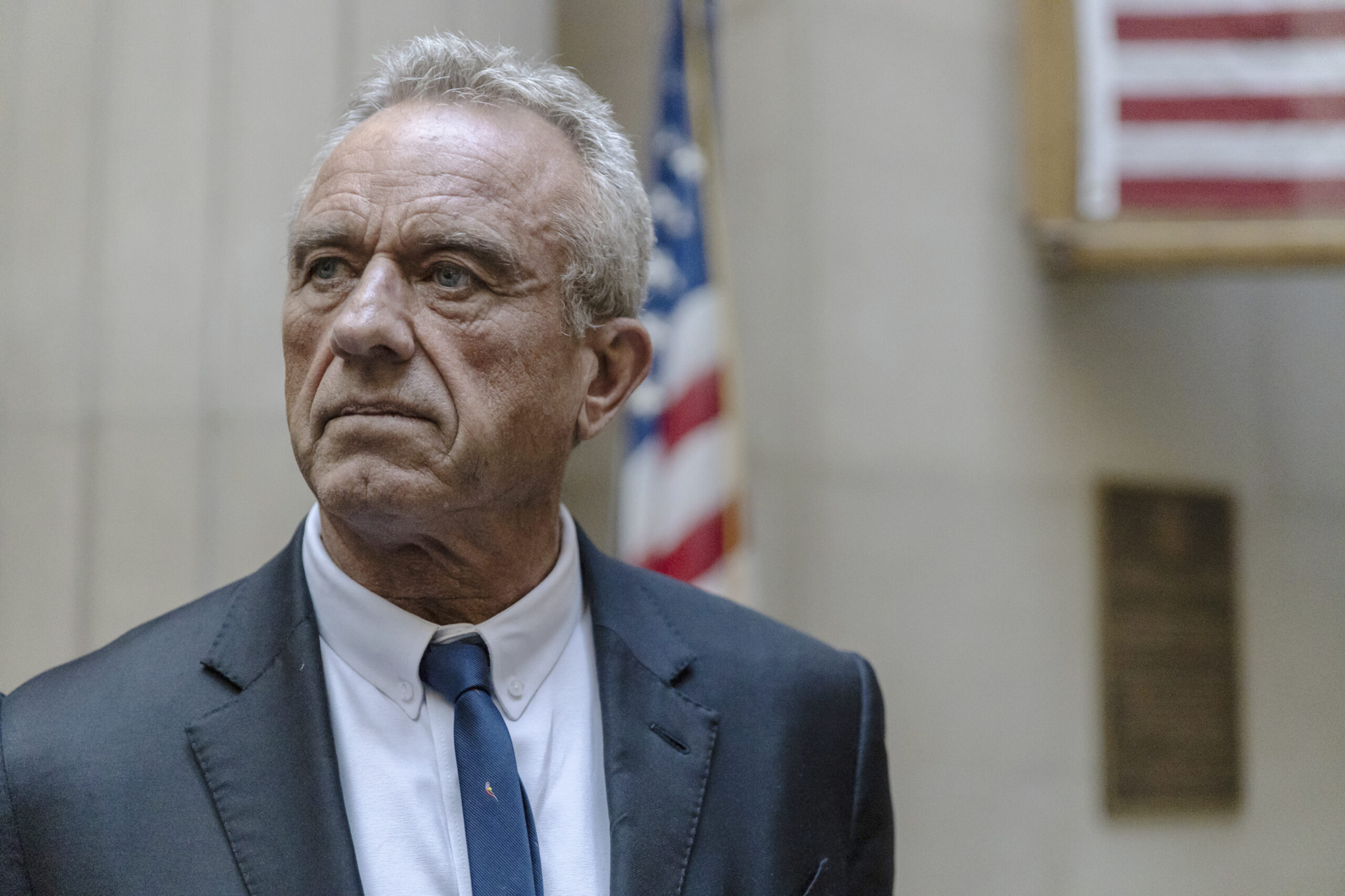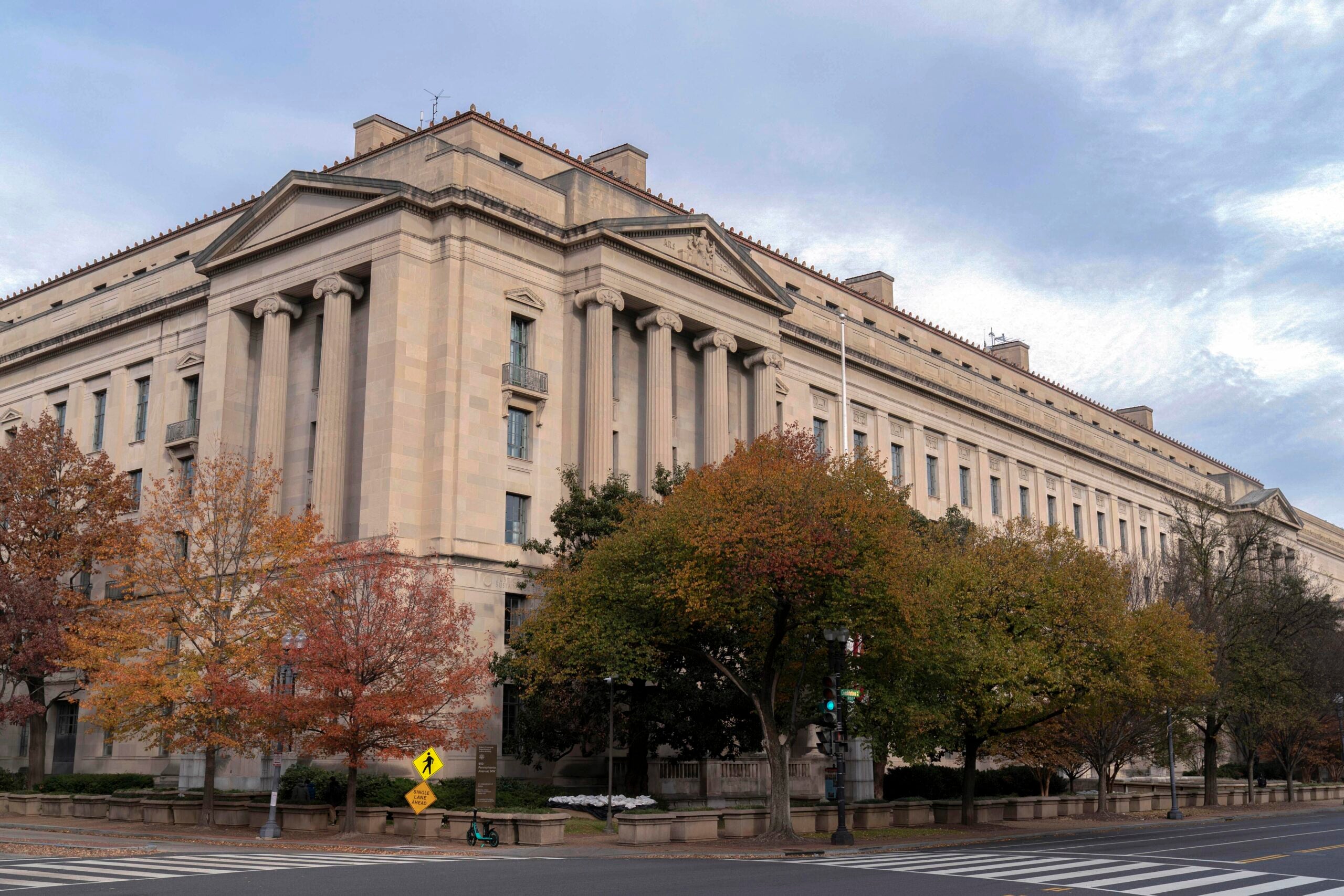Wisconsin spent or made plans for some $2.8 billion in federal pandemic aid funding through the end of 2021, and the state has more than $1.8 billion in federal funds that have yet to be spent.
Gov. Tony Evers this week issued an update on how the state has spent the COVID-19 relief funding it received as a result of federal aid bills passed in 2020 and 2021. The data show the state has spent or allocated the great majority of aid intended for businesses, schools and local governments. What remains of the $4.6 billion the state was granted include major investments in broadband expansion, health care and neighborhood infrastructure. Some of the new grants are set to be announced this month.
According to data released by the governor’s office, some of the federal funds yet to be allocated in Wisconsin include:
Stay informed on the latest news
Sign up for WPR’s email newsletter.
- $205 million in Neighborhood Investment Fund grants, which could go to the creation of new buildings or other infrastructure aimed at “help(ing) neighborhoods recover from negative effects of the COVID-19 pandemic.”
- $125 million in workforce innovation grants aimed at addressing worker shortages.
- $83.9 million for broadband access expansion. The state has spent or allocated $21 million of a total $113.7 million in funds.
- $75 million for health care infrastructure, especially in areas disproportionately affected by COVID-19.
- $59 million in public safety grants, including grants to fund victim services and violence prevention initiatives.
The data release comes as Republicans in the Legislature are proposing a constitutional amendment that would give the Legislature greater oversight on the spending of federal funds. In Wisconsin, the governor has authority to allocate federal funding. Given the large amounts of aid that have come from federal pandemic relief, this has meant an unusually large amount of spending in the last two years was overseen by Evers rather than allocated through the state’s budget process.
The constitutional amendment proposal passed the state Senate and may pass the Republican-controlled Assembly as well. But in order to change the state constitution, it would have to pass two consecutive sessions of the Legislature and win a statewide popular vote. That process would necessarily take years.
Short of amending the constitution, some lawmakers are calling for more information about how funds have been spent. On Tuesday, a legislative committee considered a proposal to have the state’s Legislative Audit Bureau review the state’s use of COVID-19 funding. That audit proposal, which appeared to have bipartisan support, would be aimed at assessing whether funds were used appropriately.
During the committee hearing Tuesday, legislators expressed frustration about what they perceived as a lack of information from the Evers administration.
“We need to find this out, and we’re not getting it,” Sen. Robert Cowles, R-Green Bay, said. “It’s a lot of money, and we don’t even have a clear idea of how it’s being spent. We don’t understand the policy implications. … We need to know that.”
Democrats said the funds had been essential in fueling the economic recovery that has followed the crash of early 2020.
“Without the federal funds to help our (state) budget, we wouldn’t have the type of budget surplus we have,” Sen. Tim Carpenter, D-Milwaukee, said. “Local communities’ … financial situation would be much, much worse.”
Among other spending, Evers touted $1.3 billion that went to state workforce, farm and business aid.
“We’ve made critically important investments,” Evers said in a statement when his office released the data. “We’ll keep working to get help to folks who need support now.”
Wisconsin Public Radio, © Copyright 2025, Board of Regents of the University of Wisconsin System and Wisconsin Educational Communications Board.





